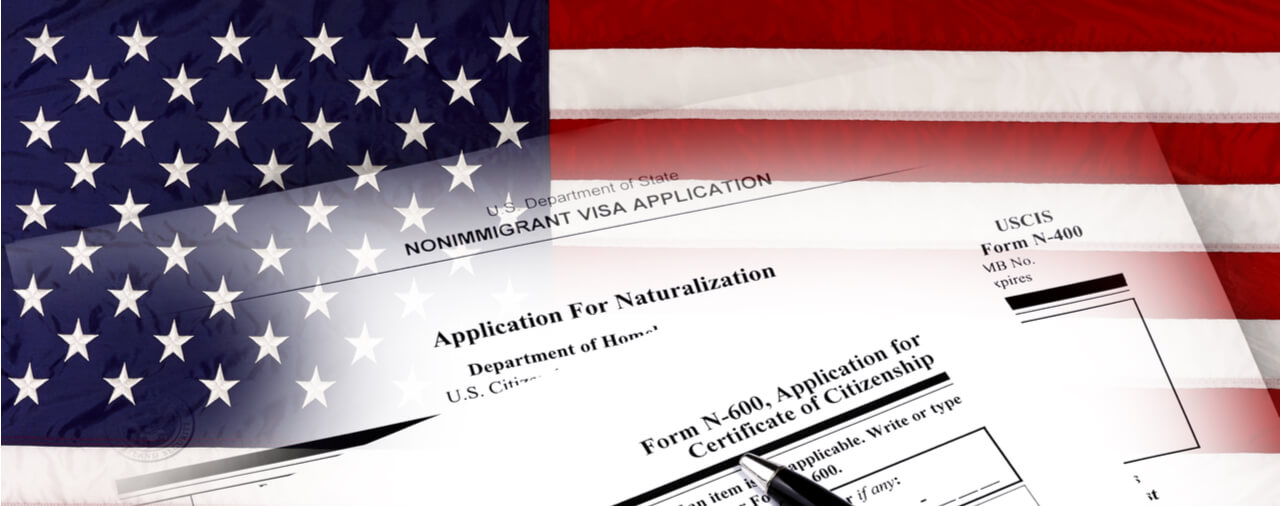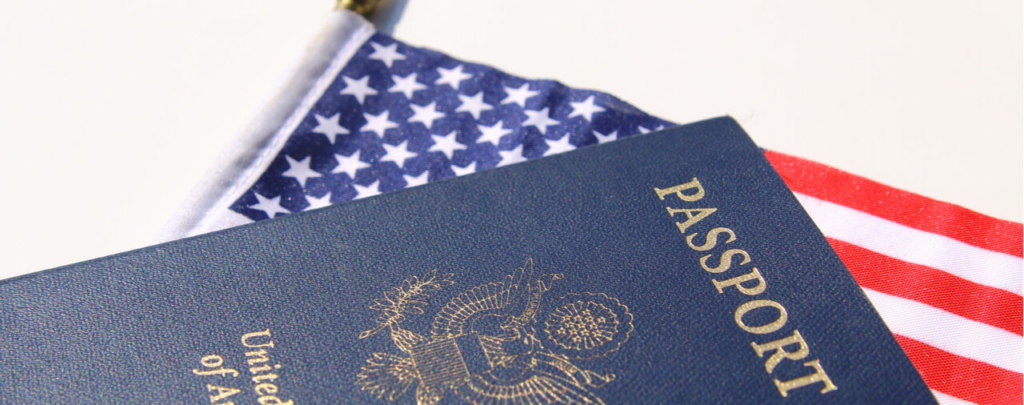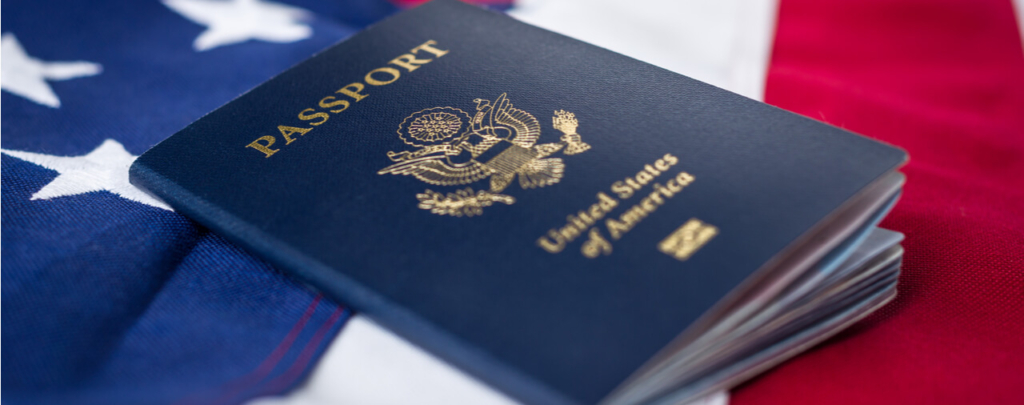Introduction
Section 212(a)(4) of the Immigration and Nationality Act (INA) contains the inadmissibility provision for public charge. Section 237(a)(5) contains the deportability provision for public charge. The rules for naturalization do not contain a public charge test or otherwise incorporate the public charge statutes. There is no requirement that an alien repay public benefits in order to be eligible for naturalization. There are, however, very limited scenarios in which public charge issues may affect a naturalization application.
In this article, we will refer to a legacy Immigration and Naturalization Service (INS) Field Guidance on rules regarding public charge inadmissibility and deportability to look at the limited ways in which public charge concerns may interact with a naturalization application.
Before reading this article, please see our full articles on public charge [see article] and deportability on public charge grounds [see article] to learn about public charge in more detail.
Public Charge and Naturalization
On May 26, 1999, the then Immigration and Naturalization Service (INS) issued a “Field Guidance on Deportability and Inadmissibility on Public Charge Grounds” (“Public Charge Field Guidance”) [see 64 FR 28689]. The Public Charge Field Guidance touches briefly on naturalization at 64 FR 28693.
The Field Guidance explains “[t]hat there is no public charge test for purposes of naturalization.” This means that public charge considerations do not arise in the statutes, regulations, or administrative guidance regarding applications for naturalization. However, despite there being no public charge test, the Field Guidance notes that “[t]here are two narrow circumstances under which a public charge issue can arise in a naturalization case.” We will review each of these narrow circumstances.
1. Under section 318 of the INA, an alien must “have been lawfully admitted to the United States for permanent residence in accordance with all the applicable provisions of [the INA].” The emphasis in this point is that the alien’s admission for permanent residency must have been lawful at the time of admission or adjustment of status. If, at such time, the alien was inadmissible on public charge grounds, he or she would later be ineligible for naturalization under section 318. However, the Field Guidance explains that “[t]his would generally occur only if the [United States Citizenship and Immigration Services (USCIS)] can show that the alien withheld or misrepresented material facts relating to the public charge issue at the time of admission or adjustment. Accordingly, this rare scenario would only be likely to arise if the alien had withheld or misrepresented facts material to the public charge issue, which could implicate other issues regarding the alien’s immigration status as well.
2. The alien may run into concerns with naturalization if his or her initial admission was lawful, but the alien subsequently became deportable as a public charge. However, deportability on public charge grounds would not render the alien ineligible for naturalization unless removal proceedings were initiated against the alien on account of the public charge issue. Please see our full article to learn about deportability on public charge grounds.
The Field Guidance takes the position that neither of the foregoing scenarios are “likely to occur” in the course of a naturalization application.
Additionally, the Field Guidance states that the USCIS “has no authority to make the repayment of public assistance a condition for granting naturalization…” Accordingly, immigration officers “should not request proof of repayment” of public benefits from naturalization applicants in connection with a naturalization application. Repayment could be requested in the context of a permanent resident and/or his or her sponsor being liable to repay certain public benefits, a concern that may arise in the section 237(a)(5) context.
Specific Example
Prior to the issuance of the Field Guidance, the INS General Counsel issued Legal Opinion, Scialabba, Acting General Counsel, Genco Opinion 98-5 (Feb. 13, 1998) (see 1998 WL 1806680). The opinion addressed the following question:
Does the fact that an alien began receiving Supplemental Security Income within a month after the alien’s admission as a lawful permanent resident render the alien ineligible for naturalization?
Before continuing, it is important to note that Supplemental Security Income (SSI) does implicate public charge under the current definition.
In response to the question, the opinion took the position that the receipt of SSI does not per se render an alien ineligible for naturalization. To this extent, the Genco Opinion is consistent with the Field Guidance issued in 1999. The Genco Opinion then takes the position, again consistent with the subsequent Field Guidance, that naturalization could eventually be denied in accord with section 318 if the evidence suggested that the alien was not lawfully admitted for permanent resident statutes.
In the Genco Opinion, it is noted that Congress had considered legislation in 1996 to make repayment of a debt owed to the United States a prerequisite to naturalization. Furthermore, it considered making the receipt of certain forms of public assistance a bar to naturalization. Congress did not pass either measure. Therefore, the Genco Opinion took the position that it would be imprudent “for the [then-INS] to try to adopt that bar by administrative adjudication.” The opinion expressed by the INS has not been modified sense.
Although the Genco Opinion makes clear that the receipt of SSI one year after obtaining permanent resident status is not a per se bar to naturalization, it explains two ways in which it could imperil an alien’s naturalization application.
First, it explains that the alien may be removable under section 237(a)(5) of the INA for having become a public charge within five years of entry. However, this would require that the alien have had a legal obligation to repay the SSI benefits, that the SSI requested repayment, and that no one made the repayment. The Genco Opinion took the position that the Social Security Administration would have to be consulted before bringing removal charges on this basis. We detail the three-step process for triggering section 237(a)(5) deportability in our comprehensive article [see article].
Second, it is possible that the aliens were ineligible on public charge grounds at the time of admission as permanent residents. Under the Matter of Harutunian, 14 I&N Dec. 583, 590 (RC 1974) [PDF version], and the Matter of Viado, 19 I&N Dec. 252 (Commr. 1985) [PDF version], the legal obligation to repay the government is not an essential element of a charge under section 212(a)(4) (inadmissibility for public charge) and section 237(a)(1)(A) (deportability having been inadmissible at the time of admission or adjustment of status). If there existed “clear, unequivocal and convincing evidence that, based on the facts existing at entry, it was likely that the aliens were going to become public charges,” the alien could be removable under such grounds. The Genco Opinion takes the view that the “receipt of SSI almost immediately after entry would probably support the necessary inference.”
In short, the Genco Opinion generally reflects the same positions we see emerge in the Public Charge Field Guidance one year later. Public charge may arise in the naturalization context only if the alien was in fact inadmissible at the time of entry on public charge grounds or if he or she is placed in removal proceedings. The Field Guidance added more detail to the scenario where evidence exists that the alien withheld or concealed material facts regarding his or her admissibility on public charge grounds at the time of admission.
In a final note, the Genco Opinion urges adjudicators to exercise discretion in deciding whether to bring proceedings on public charge grounds against a naturalization applicant. For example, the Opinion listed various scenarios where judges may be sympathetic to the case of the couple in question that would make it potentially unwise to bring charges on public charge grounds.
Conclusion
It is important to reiterate that the concept of “public charge” does not explicitly show up in any form in the naturalization statutes, regulations, and administrative guidance. The scenarios in which public charge issues may impede an applicant’s naturalization process are limited and as the legacy INS Field Guidance noted, unlikely to arise. An naturalization applicant should consult with an experienced immigration attorney for comprehensive guidance. An attorney will be able to identify any issues that may prove to be problematic in a naturalization application and, where possible, help the alien resolve them.
Please read our full articles about public charge referenced in the introduction to learn more about the concept of public charge generally.





